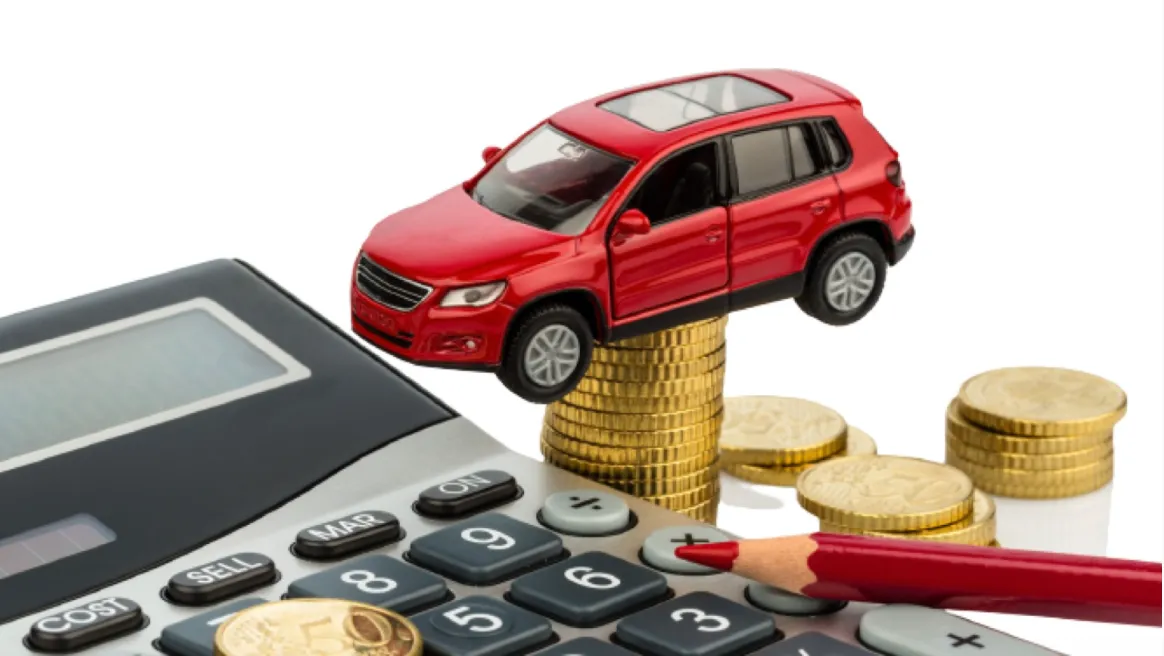Table of Contents
Electric cars are supposedly the wonder-transport of the future. Except that, as I’ve previously posted, the reality falls far short of the hype. On an environmental analysis, there’s little support for the claim that EVs are “better for the planet”. Nor is there much of a moral case for the “equity” of using taxes to subsidise luxury cars for the wealthy, at the expense of the poor.
But the tax-related problems with EVs goes even further than the basic unfairness of subsidising luxury cars. Taxes on conventional vehicles are a massive reservoir of the other-people’s-money that subsidises EVs so heavily. As Norway is finding out, subsidising EVs ends up costing taxes two ways.
Norway is running out of dirty cars to tax.
It’s quite a big problem. The previous government—a center-right coalition that was replaced by a center-left minority government in October—estimated that the popularity of EVs was creating a 19.2 billion Norwegian krone ($2.32 billion) hole in the country’s annual revenue. While EVs might be great news for the environment, their rapid success in Norway is now forcing some serious fiscal consternation.
It’s a bit ironic, calling conventional vehicles, “dirty”, when the pollution from just manufacturing EVs is so great that it takes at least 3 years before they even draw a par with so-called “dirty” vehicles. A great deal also depends on how the electricity to charge the EVs is generated. Norway is one of the few countries in the world to rely almost solely on hyrdro power — even though the largest chunk of its GDP comes from oil and gas.
In Norway, the most progressive electric vehicle policies in the world started with a pop group, an environmentalist, and a small red Fiat Panda. It was 1988 when activist Frederic Hauge, along with fellow green campaigners from the band A-ha, traveled to the Swiss city of Bern, where they found the red Fiat. A previous owner had converted the car to run off a lead battery, and the group planned to use the vehicle to persuade the Norwegian government to encourage electric vehicle uptake.
The Fiat became the centerpiece of a nine-year campaign in which Hauge and members of A-ha drove the car on Norway’s toll roads without paying. The fines racked up, and when they remained unpaid, the vehicle would be impounded and sold at auction, where Hauge would buy it back and repeat the cycle of toll dodging.
So, the whole thing started off as a massive grift — and kept going that way.
Eventually, in the late 1990s and early 2000s, the incentives the group campaigned for started to materialize, handing EVs a superior status on Norway’s roads. Rules were introduced that exempted EVs from all toll charges and parking fees and allowed them to skip traffic by using bus lanes. More meaningfully, purchases of new EVs were exempted from hefty taxes—including VAT and purchase tax—meaning a new Volkswagen e-Golf cost €790 ($893) less than a VW Golf with a combustion engine.
But, as inevitably happens with such socialist grifter schemes, sooner or later, they run out of other people’s money. Surprise, surprise, the EV fanatics don’t want to be the ones to pay.
In an attempt to claw back lost income, officials are stripping electric cars of special status, sparking fierce debate and concern that the country could jeopardize its goal of selling no new cars with combustion engines by 2025. The toll charge exemption was first to go in 2017. Now, Norway’s center-left coalition government is considering removing a much broader list of incentives as part of ongoing budget negotiations.
Wired
Norwegian environmentalists are having a right old whinge about actually having to pay their way. Well, it’s all very easy to signal your green virtue when someone else is paying for it. But when it comes to putting their money where their mouths are, suddenly it’s all about “fairness”.
Please share this article so that others can discover The BFD









